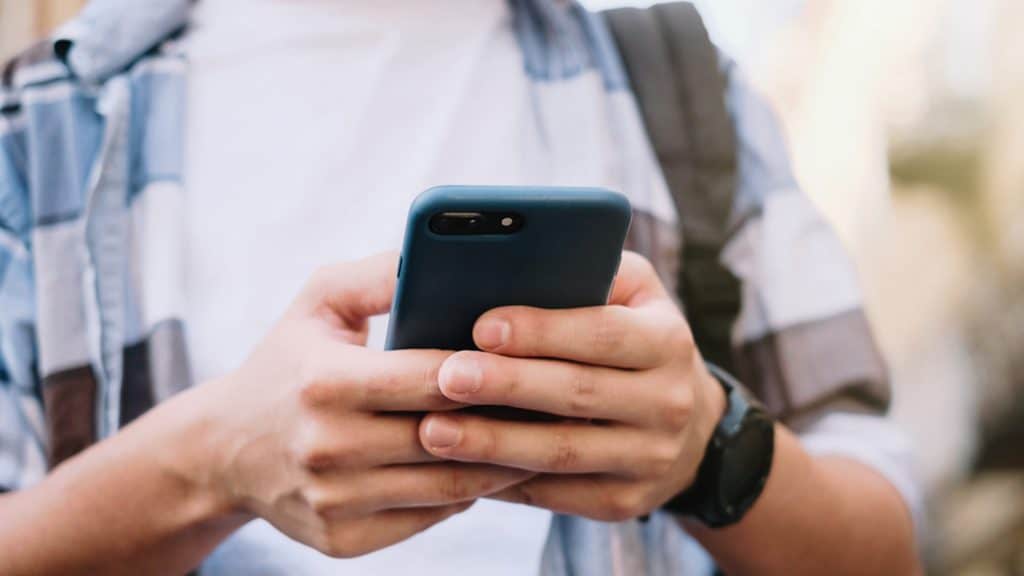Call forwarding does not automatically mean that you’ve been blocked by the recipient. Call forwarding can also happen because of many other reasons:
- The recipient's phone is unavailable (it’s off or low battery)
- Their phone’s Airplane or Do Not Disturb modes are on
- The recipient declined the call
- The recipient has poor signal or no service
Getting a “your call has been forwarded” message can be a sign of your number being blocked by the recipient, but it doesn’t always mean that you’ve been blocked. To be sure that you’ve been blocked, you’ll need to confirm other signs of being blocked.
Here is a guide explaining the myths and facts of having your call forwarded and whether this means that you’ve been blocked.
“Your Call Has Been Forwarded” - Does This Mean You're Blocked?

Calling someone and then hearing an automated voice stating that your call has been forwarded is often taken as a sign of being blocked.
However, while this is true, a forwarded call isn’t solely caused by being blocked and can happen for various other reasons.
When figuring out if someone has blocked you, it’s critical to consider these other reasons before jumping to any conclusions. Once you’ve eliminated these reasons, you can look for signs that you’ve truly been blocked.
Common Reasons Why Your Call Has Been Forwarded
Call forwarding reroutes calls to another number or voicemail when the dialed number is unavailable. Here are some of the most common reasons why a dialed number may be unavailable, forwarding your call:
- The recipient's phone is turned off, dead battery, or out of reception.
- The recipient has enabled the Do Not Disturb feature on their smartphone.
- The recipient is already on another call.
- The recipient declined or ignored the incoming call.
- The recipient has traveled abroad and enabled call forwarding. Calls go to a different mobile number or landline.
Call forwarding itself does not indicate the recipient has intentionally blocked your number - it simply means their phone could not receive your call for innocent reasons.
Signs Your Number is Truly Blocked
While call forwarding has other causes, you may still suspect you have been blocked. Here are clearer signs signaling your number has likely been blocked:
- Calls go straight to voicemail every time - even when you know the recipient's phone is on and active.
- Incoming calls ring once or twice then abruptly disconnect without reaching voicemail. A common blocking method.
- Your text messages never show as 'Delivered' and receive no reply.
- Using another phone confirms your number is blocked.
If you experience these scenarios consistently when trying to contact someone, you have likely been blocked.
But don't assume that from call forwarding alone - it rarely means you can't get in touch at all. With call forwarding, simply try contacting later or leave a voicemail.

